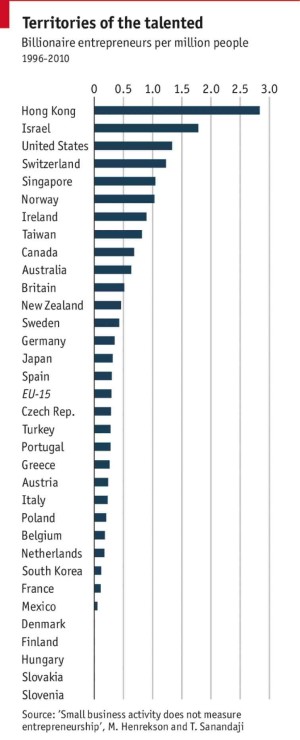Entrepreneurship philosophy defined
There are two types of entrepreneurship and these are the replicative type and the Schumpeterian typed named after Joseph Alois Schumpeter, an Austrian born American economist, who taught at Harvard University from 1932 until his death at 66 years old in 1950. Several schools whether big or small had embraced an entrepreneurial philosophy and rightly so since this what our country needs.
Entrepreneurship is the modern day philosophers’ stone, a mysterious something that supposedly holds the secret to boosting economic growth, development and creating jobs.
Replicative entrepreneurial activities is best exemplified by the ubiquitous sari-sari store and even food franchises.
These are termed replicative because expansion is seen as additive and as you add more enterprises then the business grows.
There is a world of difference between the replicative entrepreneur of the typical small business owners who dreams of opening another shop and the entrepreneur who dreams of changing the entire industry.
Much of the philosophical thought and framework of this other type of entrepreneurial behavior is mostly the work of Schumpeter, who was born in the now Czech Republic.
Schumpeter believed that capitalism could only be understood as an evolutionary process of innovation, entrepreneurship, and creative destruction.
The success of the entrepreneurial capitalist leads to corporatism defined as entrepreneurial spirit. Innovation, technological changes and improvements come from entrepreneurs.
This wild spirit translates into huge capital surplus that can be channeled into research and development that further results in improvement and more surplus capital.
To help foster this spirit, business schools must have the proper kind of leadership.
This is a tricky aspect but a crucial one. Educational institutions do not pay well so an entrepreneur might never be hired or apply, specially the Schumpeterian kind.
Of course, there had been leaderships where the business school head had gone abroad to a finishing school and put up a string of franchise stores like those of Jollibee and Red Ribbon. That does not deserve the Schumpeterian kind but more of the replicative kind.
This is another conundrum of business schools.
Its leadership, administrators and faculty are better teachers if they run or are still running a business if it is the Schumpeterian kind.
What is the default position for the leadership structure and faculty of these business schools?
The fallback is in research.

The Western world battle cry of publish or perish is now prevalent in the Philippine shores.
The business school research should focus on best practices, creating models for strategy planning, implementation and evaluation, even forecasting and predicting trends for BHAG ventures.
The entrepreneur who dreams of changing the entire industry can do so if he or she can find a need and fill that need just like George Mitchell, the Texas oilman who revolutionized the oil industry with the process known as fracking.
Daniel Isenberg, another Harvard University professor like Joseph Schumpeter researched on the successful habits of entrepreneurial people and found out that entrepreneurs look at projects that are worthless, impossible and stupid and with sheer wild spirit turn these losing propositions into spectacular projects.
Schumpeter, just like most economists, was more popular after their demise than when they were alive. He was discovered by the millennial generation after over a half century after his death.
There are even blogs about him and his ideas like the Schumpeter blog of the Economist magazine that indicated the following graph showing the disposition of billionaires per million populations with Hong Kong and a population of 5 million people topping the list.
It is no surprise that the Philippines is not even mentioned in the chart.
The monopolist and monopolistic competition market structure is a dampener for Schumpeterian entrepreneurship and fosters only the replicative kind.
Schumpeterian entrepreneurship is anchored on innovation so the business school that embraces this philosophy should be steeped in research and mirror the innovative nature of the business enterprise.
The wild spirit should pervade in the leadership, administration, faculty and the student populace that should veer away from the replicative entrepreneurship.
(The author took his doctoral studies in De La Salle University and teaches finance and economics in DLSU and the Entrepreneurs School of Asia.)
